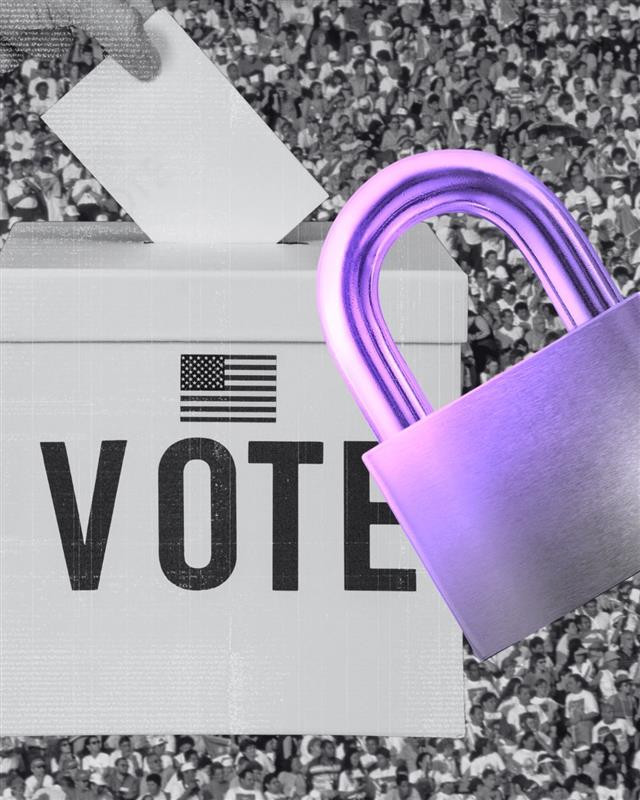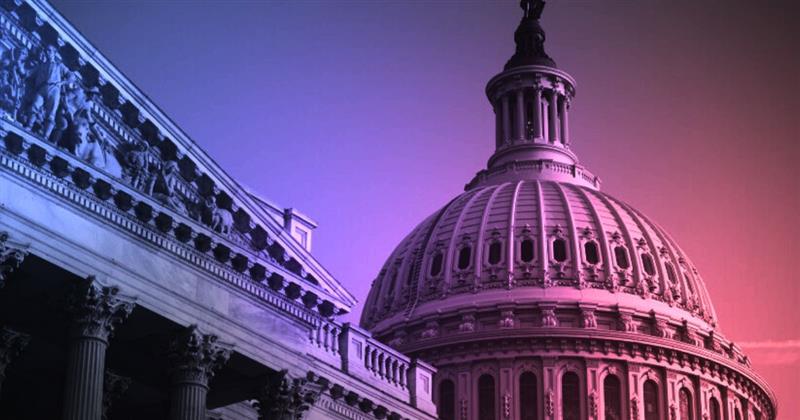The 2024 election mirrors 2012 more than a watershed moment
The Big Picture
Every election cycle, we hear the same refrain: This is the most important election of our lifetime. But when we look at the data, this year’s election might not bring the sweeping changes some expect. Instead, the political landscape appears to be shaping up more like 2012, a relatively stable election where the incumbent president won reelection, only two Senate seats flipped, and just eight House seats changed hands. For independent voters, the real question is not about dramatic change but whether Washington will function effectively in the coming years.
Zooming In
Historical Trends in Presidential Polling
Looking back at presidential polling in the last few elections provides insight into what we might expect this year:
- 2020: At this point in the cycle, Biden led by 9 points in polling and went on to win the popular vote by 4.5%.
- 2016: Clinton led by 6 points in early polling and ultimately won the popular vote by over 2%, though she lost the Electoral College.
- 2012: The race was within a single point at this time of year and saw multiple lead changes before the incumbent, Barack Obama, pulled ahead late and won reelection.
Today, we see similar patterns to 2012—a tight race with frequent lead changes but no clear momentum for either candidate. If this trend holds, independent voters may once again find themselves the deciding factor in a competitive but ultimately stable election cycle.
The Congressional Outlook
Historically, the generic ballot provides a reliable indicator of how turbulent an election will be. When one party dominates the generic ballot, they tend to win significant seat shifts. When the ballot is even, little movement occurs. Looking at past elections:
YearRCP Final Generic BallotPresidential WinnerSenate ShiftHouse Shift2008D+9DemocratD+8D+212012EvenDemocratD+2D+82016D+1RepublicanD+2D+62020D+6DemocratD+3R+13
As of now, different sources place the generic ballot within a fraction of a point in either direction, suggesting independent voters will see little drastic change in Congressional representation this cycle. This further supports the idea that 2024 may not be a wave election but rather a status quo contest.
Data Snapshot
- Presidential polling shows no clear front-runner, with lead changes mirroring 2012 rather than a decisive shift.
- The generic ballot remains balanced, signaling stability rather than major Congressional upheaval.
- Redistricting has reduced the number of battleground House districts, meaning fewer competitive seats and lower chances for a dramatic House swing.
- Senate races in toss-up states currently show little indication of major shifts.



Independent Lens
For independent voters, this election is less about dramatic realignment and more about ensuring functional governance. With both parties locked in a close race, Washington is unlikely to see a sweeping partisan mandate. Instead, we may face more gridlock, where independent voices will be critical in pushing for pragmatic, common-sense solutions.
Rather than focusing on the partisan narratives of a supposed historic election, independent voters should pay close attention to how candidates engage with real policy solutions beyond party lines. If we want real change, it won't come from partisan victories but from demanding accountability and action from elected officials—regardless of party affiliation.
Stay informed with the Independent Center. Subscribe to our newsletter for insights tailored for independent voters navigating this election.


.jpeg)


.jpg)